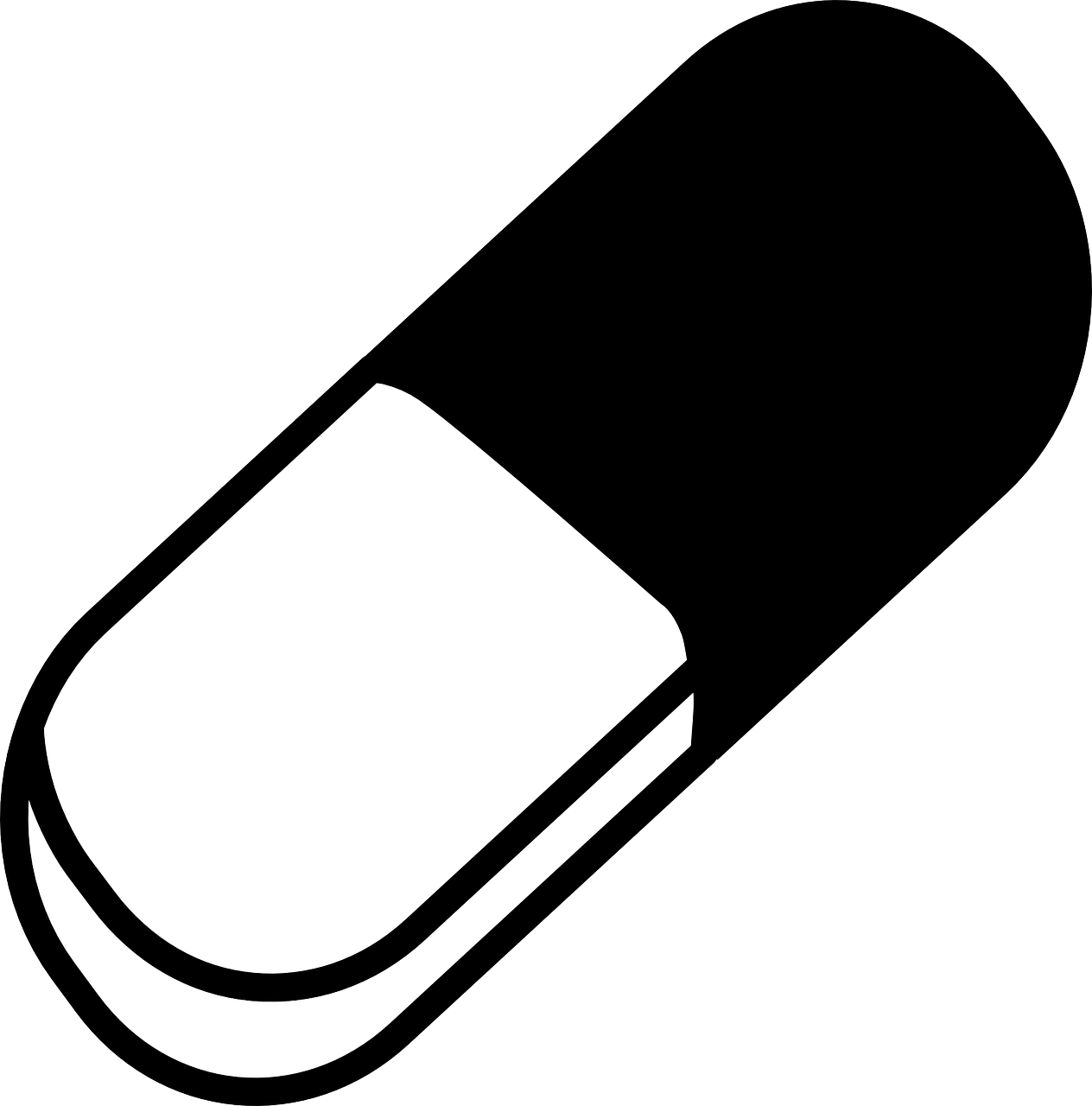Comparison between eccentric and rotary presses: The right choice for tablet production
Die Herstellung von Tabletten ist ein komplexer Prozess, bei dem die Wahl der richtigen Pressmaschine entscheidend ist. Ob in industriellen...
WORLDWIDE SHIPPING - Order now

In the pharmaceutical industry, rotary tablet presses play a crucial role in the production of tablets. These machines are essential to meet the high demands for efficiency, accuracy and product quality that apply in this highly regulated field. This article will examine the functionality, benefits, challenges and innovations of this technology.
The basic function of a rotary tablet press is to press powder or granules into solid tablets. This is done by a rotating mechanism containing several pressing tools. As the rotor rotates, the material is passed through dies where it is compacted between an upper and lower punch under high pressure. The rotation enables continuous production, which means high production rates can be achieved. Depending on the machine size and configuration, output rates of several hundred thousand tablets per hour are possible.
A key advantage of rotary tablet presses is their efficiency. They offer significantly higher production capacity compared to alternative technologies such as single-punch pressing. In addition, the ability to operate multiple press stations simultaneously is crucial to meet the increasing demand for pharmaceutical products. However, this efficiency goes hand in hand with the need to ensure consistent tablet quality. Factors such as weight, hardness, breaking strength and drug distribution must be precisely controlled to meet the industry's high standards.
Another advantage is flexibility. Modern rotary tablet presses are often modular and can be adapted for different product formats. This enables quick changeovers, which is particularly important in today's world where a wide variety of drugs with different dosages and forms are in demand. Many machines are also equipped with innovative technologies such as automatic process monitoring and data acquisition, which enable precise control and documentation of production.
Despite their advantages, rotary tablet presses face several challenges. One of them is the handling of delicate or difficult materials. Active ingredients that are hygroscopic, easily disintegrate or have an uneven particle size distribution can complicate the pressing processes. In addition, compliance with the strict regulations and GMP (Good Manufacturing Practice) standards in the pharmaceutical industry requires meticulous cleaning and maintenance of the machines. This means that time and resources must be allocated for cleaning and validation, especially during product changeovers.
The integration of technology and digitalization has brought significant progress in the development of rotary tablet presses in recent years. Sensors and automated control systems enable real-time monitoring of the production process. Parameters such as pressure, temperature and humidity can be measured and adjusted in real time to correct deviations immediately. These systems help to improve quality assurance while minimizing waste.

Another trend is increasing automation. Robotic arms can, for example, take tablet samples and automatically feed them into test systems to check parameters such as weight, thickness and breaking strength. This not only increases the speed of quality control, but also minimizes human errors. The issue of sustainability is also becoming more important. Manufacturers of rotary tablet presses are working to reduce energy consumption and material loss in order to minimize environmental impact.
Choosing the right rotary tablet press depends on several factors, including production capacity, the type of material being processed and the specific requirements of the final product. For small batches or research and development, machines with lower capacity and greater flexibility are ideal. Mass production, on the other hand, requires high-performance machines with multiple press stations. Manufacturers are increasingly offering bespoke designs that are tailored precisely to the customer's needs.
In summary, rotary tablet presses are indispensable tools in pharmaceutical production. They not only offer high efficiency and flexibility, but also help to ensure the quality of products and meet the increasing demands of the industry. At the same time, operating such machines requires a high level of expertise and commitment to overcome challenges and benefit from the latest innovations. As technology advances and environmental awareness increases, the further development of Rotationstablettenpressen will certainly continue to play an important role in the future.
1. Was ist eine Rotationstablettenpresse?
Eine Rotationstablettenpresse ist eine Maschine, die Pulver in pharmazeutische Tabletten hoher Präzision und Stückzahl formt. Sie wird vor allem in der industriellen Produktion eingesetzt.
2. Wie funktioniert eine Tablettenpressmaschine?
Das Pulver wird in Matrizen gefüllt, verdichtet und durch einen rotierenden Pressmechanismus zu Tabletten geformt. Dies ermöglicht eine schnelle und gleichmäßige Herstellung.
3. Kann man eine Tablettenpresse für zuhause verwenden?
Mini- oder Hobby-Tablettenpressen sind erhältlich, jedoch nur für nicht-medizinische Anwendungen. Für pharmazeutische Tablettenproduktion ist industrielle Ausrüstung notwendig.
4. Welche Arten von Tablettenpressen gibt es?
Es gibt Rotationspressen, Einstempelpressen und halbautomatische Modelle. Rotationspressen eignen sich besonders für hohe Produktionsmengen.
5. Wofür wird eine Tablettenmaschine in der Pharmaindustrie eingesetzt?
Sie dient zur Herstellung von Medikamenten, Nahrungsergänzungsmitteln oder pflanzlichen Präparaten in standardisierten Dosierungen.
6. Worauf sollte man beim Kauf einer Tablettenpresse achten?
Leistung, Presskraft, Wartungsfreundlichkeit und die Möglichkeit zur Produktion unterschiedlicher Tablettengrößen und Formen sind entscheidend.
Die Herstellung von Tabletten ist ein komplexer Prozess, bei dem die Wahl der richtigen Pressmaschine entscheidend ist. Ob in industriellen...
Der Kauf einer Tablettenpresse ist eine strategische Entscheidung für Unternehmen aus der Pharma-, Chemie-, Lebensmittel- oder Nahrungsergänzungsmittelindustrie. Die richtige Maschine...
Der Einsatz einer Tablettenpresse erfordert nicht nur technisches Verständnis, sondern auch sorgfältige Vorbereitung und Aufmerksamkeit. Obwohl diese Maschinen für die...
Die Herstellung von Tabletten ist ein komplexer Prozess, bei dem jede Komponente des Tablettenpressens entscheidend für die Qualität des Endprodukts...
